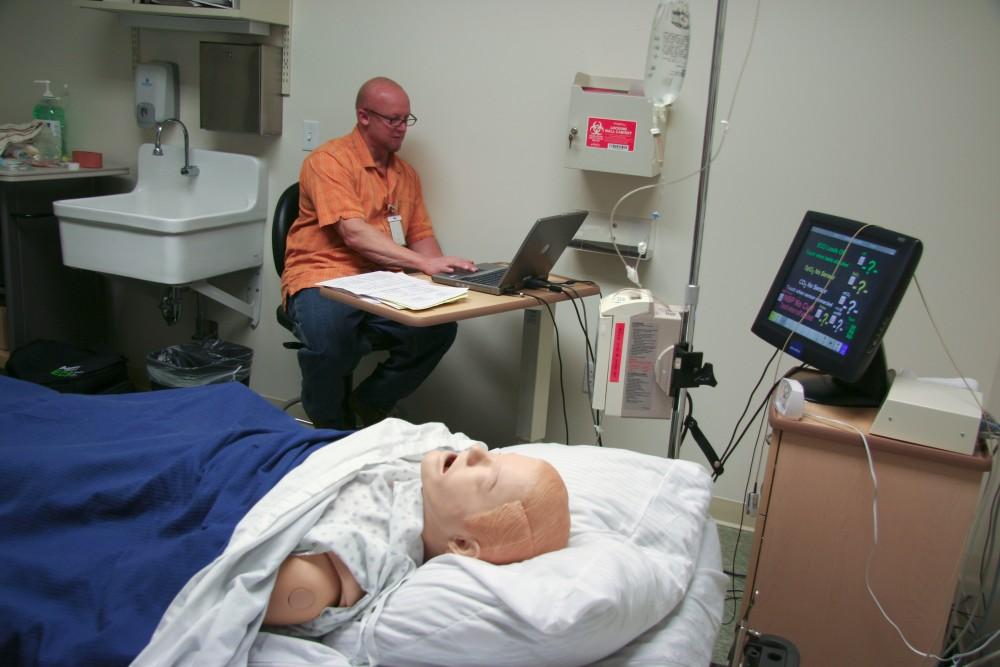Nursing receives federal grant for minorities

GVL Archive / Nursing student prepares to practice on a fake patient
Nov 15, 2010
Grand Valley State University’s Kirkhof College of Nursing received a $773,837 grant at the end of September from the U.S. Department of Health and Human Services to increase the diversity of nurses in the college.
According to GVSU’s Institutional Analysis Office, 6.8 percent of students in the nursing program were of minority background in 2009.
Elain Van Doren, associate dean of undergraduate programs, said GVSU should acknowledge the need to increase representation of diverse cultural groups in the nursing profession.
The college look to increase nurses not only of minority status, but also those of lower economic status.
“The purpose of this proposed program is to increase the diversity of registered nurses in the West Michigan area … by focusing on increasing their preparation for enrollment in and graduation from baccalaureate (BSN) programs,” Van Doren said. “To effectively serve the health care needs of this increasingly diverse population of Americans and address health disparities among the representation of these various groups, the registered nurse workforce must be expanded.”
GVSU is working in collaboration with Grand Rapids Community College and Muskegon Community College to provide a program funded by the grant. The program awards scholarships and stipends to students returning to school for baccalaureate degrees.
Muskegon Community nursing program Director Pamela Brown said their college, which admits 100 students per year, has not received scholarship funding due to budget cuts by the state.
“None of the schools in the state any longer receive the Michigan nursing scholarships,” Brown said. “MCC (was) to receive between $80,000 and $100,000 a year (which) we give in scholarships, but that was cut when the high school scholarships were cut. We no longer have that money, so scholarship opportunities for our graduates are very limited.”
Van Doren said there are not as many nurses with a bachelor’s degree compared to those with an associate’s degree, and the collaboration program between the colleges will help give students the opportunity to receive a higher degree.
“We know that we have better patient outcome if there are a certain number of bachelor’s prepared nurses working with patients,” she said. “So we are trying to move people into that level and beyond. It helps open the pipeline to advanced education.”
With the new health care legislation, Van Doren said there will be a greater demand for nurses, and the program developing between the three West Michigan nursing colleges will help meet the demand.
“The new health care legislation is going to open up different opportunities for people to get health care and so the need for nurses will be even greater,” she said. “It is important to have nurses prepared at the baccalaureate level because we know that it can have an impact on how well people do and how healthy they can get.”

























